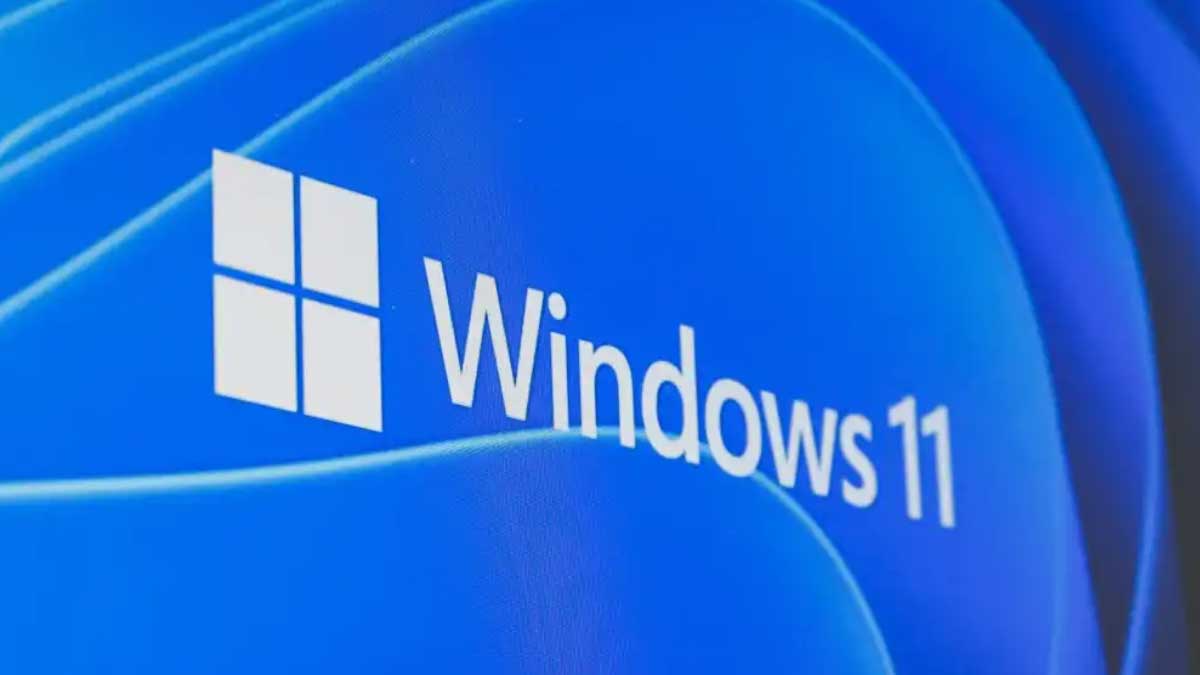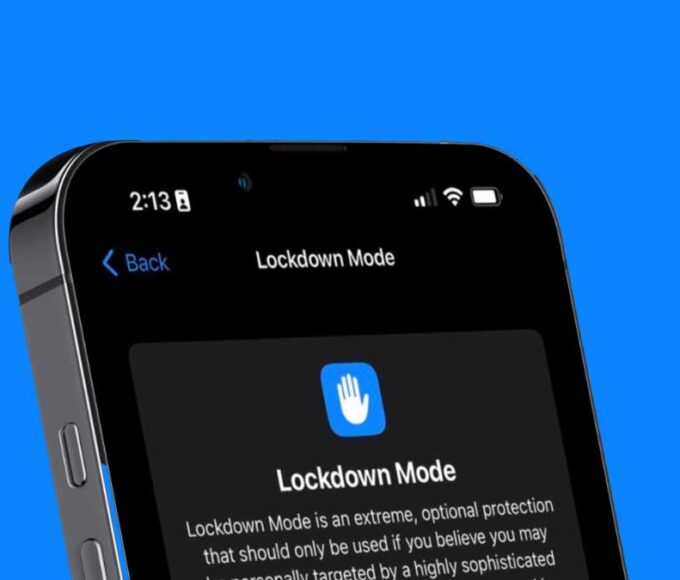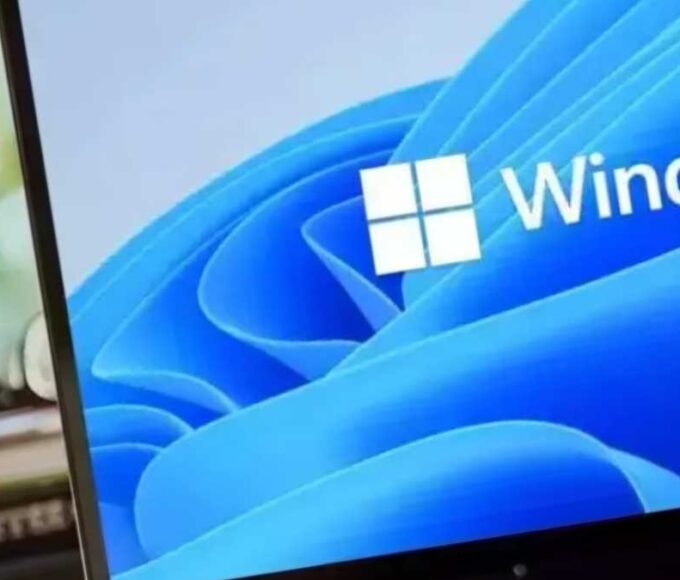- Home
- Billionaires
- Investing Newsletters
- 193CC 1000
- Article Layout 2
- Article Layout 3
- Article Layout 4
- Article Layout 5
- Article Layout 6
- Article Layout 7
- Article Layout 8
- Article Layout 9
- Article Layout 10
- Article Layout 11
- Article Layout 12
- Article Layout 13
- Article Layout 14
- Article Sidebar
- Post Format
- pages
- Archive Layouts
- Post Gallery
- Post Video Background
- Post Review
- Sponsored Post
- Leadership
- Business
- Money
- Small Business
- Innovation
- Shop
Recent Posts
Windows Users Alert: Fake CAPTCHA Attacks on the Rise

As we head into the weekend, a critical warning has emerged regarding a “global attack” specifically targeting Windows users across multiple countries. This alarming campaign emphasizes significant risks for the hundreds of millions of Windows 10 users who will soon find themselves without security updates, which could leave them exposed to a multitude of cyber threats. The urgency of this warning cannot be overstated, as users are increasingly becoming targets for sophisticated attacks that exploit common online behaviors.
Recently, cybersecurity firm Palo Alto Networks’ Unit 42 flagged the rising threat from fake CAPTCHAs that have been circulating on various platforms. Initially, the issue did not attract the level of concern it deserved, with only a handful of cybersecurity enthusiasts acknowledging the potential dangers. However, the situation escalated when researcher John Hammond shared a compelling video on X, which helped raise awareness about these deceptive practices. Now, researchers at McAfee have issued a renewed and more urgent warning regarding the proliferation of these fraudulent CAPTCHA popups that are increasingly appearing online.
These attacks, while seemingly straightforward, are alarmingly effective in their execution. Designed specifically to distribute Lumma Stealer malware, the fake CAPTCHA challenges lure users into a trap that is difficult to recognize. When users encounter these deceptive popups, they are presented with buttons that prompt them to verify their identity, often with phrases like “Verify you are a human” or “I am not a robot.” Upon clicking one of these buttons, a malicious script is automatically copied to the user’s clipboard. This leads users to believe they are engaging with a legitimate security feature, when in fact, they are being set up for a cyber attack. After pressing the Windows key + R, they are unwittingly instructed to paste the script, which executes the malware without their knowledge. This clever manipulation allows attackers to effectively deploy malicious software while remaining largely undetected.
The infostealing malware embedded in this attack poses a significant threat, as it targets sensitive information, including account credentials, passwords, and cryptocurrency wallets. What makes this attack particularly insidious is that the fake CAPTCHAs are designed to mimic legitimate ones, creating an additional layer of deception. The evolving nature of these threats complicates users’ ability to identify them, as they often look increasingly convincing. If you find yourself copying and pasting anything from a CAPTCHA, it is vital to listen to your instincts; if something feels amiss, turn off your PC and take a step back to reassess the situation.
McAfee highlights two primary groups that are being targeted by these deceptive schemes. The first group consists of individuals searching for pirated games, who are typically more cautious due to the inherent risks associated with illegal downloads. However, in their pursuit of unauthorized software, they can easily stumble upon online forums or public repositories that redirect them to malicious links. This group’s existing awareness of potential risks may not be sufficient to protect them from these sophisticated attacks, which are designed to exploit their desire for free content.
The second target group is even more devious: GitHub contributors and software developers who may receive phishing emails claiming they need to address a nonexistent security vulnerability in their code. These emails often contain links leading to the same fraudulent CAPTCHA pages, increasing the likelihood of malware execution. By targeting developers—who are generally more tech-savvy—these attacks exploit their concern for security and urge them to take immediate action, further increasing the chances of falling victim to the scheme.
In early August, Hudson Rock’s Infostealers website reported on similar types of attacks, yet this warning failed to gain the visibility it warranted. As of late August 2024, these attackers have been utilizing fraudulent “human verification” pages to trick unsuspecting users into executing malicious PowerShell scripts. The implications of these findings are alarming, as they suggest a growing trend in which cybercriminals are continuously refining their tactics to target unsuspecting victims more effectively.
McAfee’s report emphasizes the extent to which cybercriminals exploit everyday user behaviors, such as downloading cracked software or responding to phishing emails, to spread malware like Lumma Stealer. By leveraging fake CAPTCHA pages, these attackers deceive users into executing harmful scripts that evade detection and ultimately lead to malware installation. This growing trend underscores the necessity of user vigilance, as the landscape of cyber threats is constantly evolving.
The rise of these fake CAPTCHA attacks serves as a crucial reminder for users to remain vigilant. It is essential to take a moment to critically evaluate any CAPTCHA challenges presented online, as signs of compromise may not always be immediately apparent. The evolving nature of these attacks means that they can become increasingly sophisticated, making it more challenging for users to discern legitimate CAPTCHAs from fraudulent ones. A fundamental rule to follow is never to cut, paste, and execute commands from dubious sources or CAPTCHA prompts.
This situation serves as a timely reminder for Windows 10 users about the importance of maintaining security, especially as they approach a critical deadline next October when support will be phased out. Without reasonable options for continued support from Microsoft, transitioning to Windows 11 may become a necessity for users who wish to maintain a secure environment.
In summary, the emergence of fake CAPTCHA attacks targeting Windows users highlights the pressing need for heightened cybersecurity awareness. As these tactics evolve, users must exercise caution and remain informed about potential threats to protect their sensitive data. By avoiding risky behaviors, such as copying and pasting from dubious sources, users can significantly reduce their vulnerability to malware and other cyber threats. In navigating the digital landscape, staying informed and cautious is essential to safeguarding our information and devices against the ever-present threat of cybercrime.
Recent Posts
Categories
- 193 Countries Consortium Partner1
- 193cc Digital Assets2
- 5G1
- Aerospace & Defense48
- AI37
- Arts3
- Banking & Insurance11
- Big Data3
- Billionaires962
- Boats & Planes1
- Business332
- Careers13
- Cars & Bikes79
- CEO Network1
- CFO Network17
- CHRO Network1
- CIO Network1
- Cloud10
- CMO Network18
- Commercial Real Estate7
- Consultant1
- Consumer Tech194
- CxO1
- Cybersecurity73
- Dining1
- Diversity, Equity & Inclusion4
- Education7
- Energy8
- Enterprise Tech29
- Events11
- Fintech1
- Food & Drink2
- Franchises1
- Freelance1
- Future Of Work2
- Games149
- GIG1
- Healthcare79
- Hollywood & Entertainment203
- Houses1
- Innovation46
- Investing2
- Investing Newsletters4
- Leadership65
- Lifestyle11
- Manufacturing1
- Markets20
- Media195
- Mobile phone1
- Money13
- Personal Finance2
- Policy569
- Real Estate1
- Research6
- Retail1
- Retirement1
- Small Business1
- SportsMoney42
- Style & Beauty1
- Success Income1
- Taxes2
- Travel10
- Uncategorized12
- Vices1
- Watches & Jewelry2
- world's billionaires931
- Worlds Richest Self-Made Women10
Related Articles
Android & iPhone Users Urged to Run Security Checks
With the rise of cyber threats targeting both Android and iPhone users,...
By 193cc Agency CouncilJanuary 1, 2025Apple Warns: Avoid Lockdown Mode on iPhone
Apple’s latest security alert for iPhone users raises important concerns about the...
By 193cc Agency CouncilDecember 31, 2024750 Million Android Users Face Urgent Security Risks
Google has made significant strides in improving Android’s security ecosystem, aiming to...
By 193cc Agency CouncilDecember 31, 2024Surge in Paper Werewolf Cyberattacks on Russian Targets
A troubling rise in espionage-driven attacks using Microsoft Windows Word documents has...
By 193cc Agency CouncilDecember 30, 2024








Leave a comment